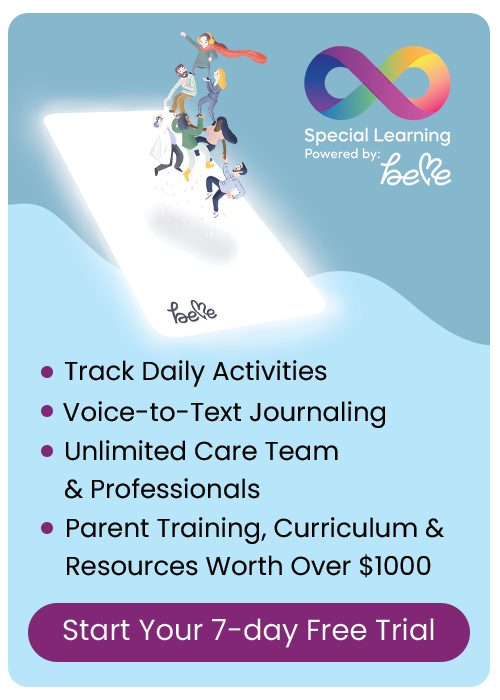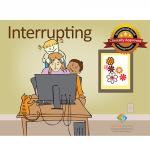Blog Categories
- ADHD
- Applied Behavior Analysis
- Autism Awareness
- Autism Service Providers
- Case Studies
- Dignosis
- Classroom Management
- Credentials
- Ethics
- Family Matters
- FAQs About LIVE Events
- Financial Planning
- Holiday Planning
- IEP's
- Panelists
- Private Equity in Autism & ABA Industry
- Psychopharmacology
- Sensory Processing Disorder
- Speech and Communication
- Subject Matter Experts
- Summer Planning
- Transition Planning
What are soft skills, why does my teen/young adult need to learn them and how can I teach them?
Her responsibilities include designing research studies, protocols and evaluation tools, data collection and analysis and writing and editing grants and reports. Cindy is a member of the National Psychology Honor Society and a licensed social worker. She holds an MSW in Social Work Administration from Ohio State University, a BS in Psychology from Wright State University and is currently pursuing a PhD in Forensic Psychology from Walden University.
What are soft skills, why does my teen/young adult need to learn them and how can I teach them?
When navigating the world of employment, there are particular kinds of social skills that must be mastered to be successful.
These are called soft skills. We use them every day without even thinking about them, but not knowing how to use them get people fired more often than not doing the job correctly. Here is a list of necessary soft skills that people who are employed or who want to be employed may want to look into learning and also how they may be taught:• Asking for help- this is a big one! A good way to teach this is to start by identifying when a person would need help (e.g., give the person you are teaching a task that you know he or she will struggle with and then prompt him or her to identify needing help). Role playing situations where someone would need to ask for help are good and also using video modeling to teach this skill can be effective.
• Boss versus co-worker interactions – this is an unwritten rule in many workplaces – how is the boss treated by staff versus how are co-workers treated. A good way to teach this is to have the learner look at videos of workplaces in action. Have him or her identify who is the boss based on how the people treat each other. Talk about appropriate versus inappropriate ways to address a boss versus co-workers. View the videos again and have the learner identify the ways the employees interact.
• Lunch and break interactions- How do people act at lunch and on breaks? What are acceptable conversation topics? How can you make sure you are on time coming back from lunch and breaks? How do you know when it is time for a lunch break or break? How do you ask for a break? Discuss these things with the learner. Help the learner identify supports on the job that can help him or her with these unstructured times. Watch some videos of people acting appropriately on breaks at work.
• Joining in- How do you join in a conversation at work? How do you become part of the work team? What do you look for in others that will cue you in about how to join? Workplaces are full of committees, teams, etc. It is important the learner knows how to join in so he or she is not stigmatized. Everyone likes to be part of a group! Show some videos of people joining a conversation, asking to join an activity, etc. Role play different work scenarios where the learner has to take steps to join the activity. Provide feedback and tips.
There are many more soft skills needed on the job, but these are some of the big ones! Practicing these as often as possible will get an older adolescent or young adult ready to be successful at work and not have to worry about the social part so he or she can do a great job at the job!!
RECOMMENDED PRODUCTS
Adolescence and Transition Bundle
Interrupting Social Story Curriculum





